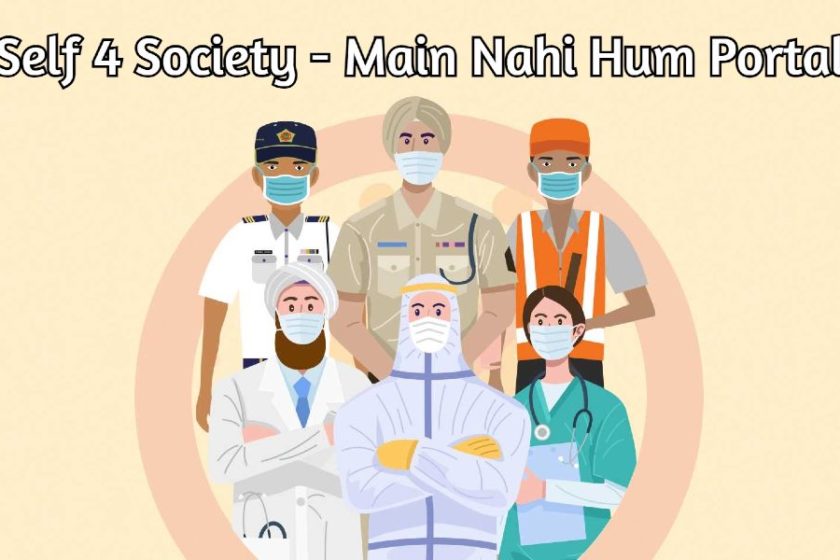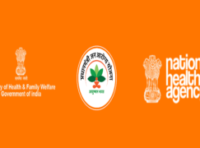For an agrarian country like India, the health of its soil is vital to the health of its economy. Since a major part of our revenue is generated from the yields we produce, prioritizing the health of the soil becomes essential.
Realizing this, the Government of India launched the Soil Health Card scheme, which helps farmers grow the right crops so that they actually benefit from the occupation, and contribute to the wellbeing of their family and to the nation’s economy.
Origins
Keeping in mind the deteriorating living conditions of the farmers due to the successive losses incurred by them, the Government undertook the initiative of passing Soil Health cards.
This scheme was passed on the 19th of February 2015, by Prime Minister Narendra Modi.
Objectives of the Scheme
The scheme ideally aims to promote the balanced use of fertilizers so that farmers can get the most out of the soil. It enables farmers to effectively yield good produce at much lower costs.
Another objective of the scheme is to make farmers aware of the appropriate amount of nutrients to be used for a specific crop depending on the quality of soil at their disposal.
Plan of Action
The scheme aims to collect 100 lakh soil samples and test those for the purpose of determining the health of the soil. As of July 2015, 34 Lakh soil health cards (SHC) were already issued.
By February 2016, the number of SHC cards issued shot up to 1.12 crore.
For more information click here.








